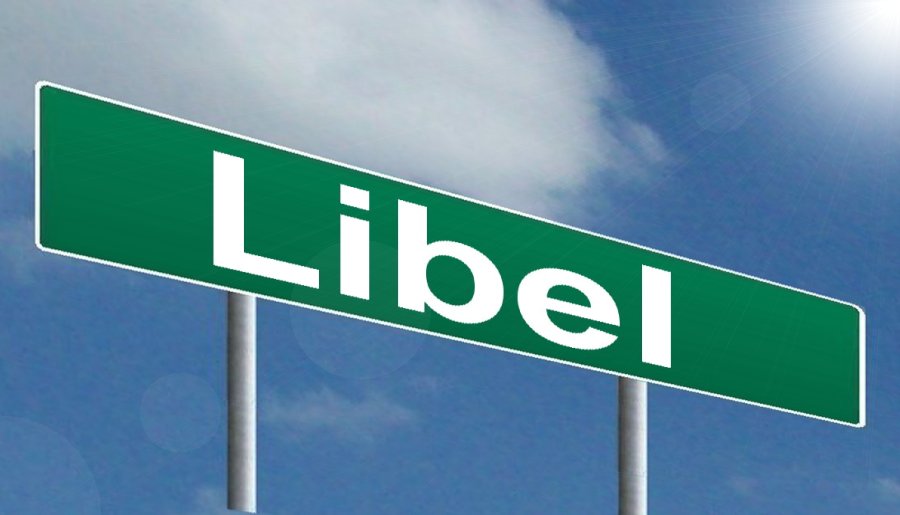Criminal Defamation in the Draft Criminal Code (R KUHP): elements of Criminal Defamation should be more precise, justifications must be expanded and criminal sanctions should be lighter.
On 16 January 2017, the Working Committee for the R KUHP in Commission III resumed the discussion on Chapter XIX of the R KUHP on Defamation, which cover the following provisions: Defamation (Article 540 (1), (2), and (3)), Slander (Article 541 and 542), Minor Contempt (Article 543 and 544), Slander Complaint (Articles 545 and 546), False Suspicions (Article 547), Defamation against deceased people (Article 548 and 549).
Based on the monitoring conducted by the Institute for Criminal Justice Reform (ICJR) and the National Alliance for Criminal Code Reform, criminal sanction for criminal defamation acts in R KUHP is increasing. Slander act which currently sentenced to a maximum of four years in the prevailing Criminal Code (KUHP) is increased into a maximum of 5 years in the R KUHP. This also happens to slander complaint which currently sentenced to a maximum of four years in the prevailing KUHP and increased into a maximum of 5 years in the R KUHP. Furthermore, even minor contempt which only sentenced to 4 months and 2 weeks in the prevailing KUHP is also increased into a maximum of 1 year in R KUHP.
Table 1. Escalation of Criminal Sanction for Criminal Defamation Acts in the R KUHP
| Criminal Acts | Prevailing Criminal Code | R KUHP |
| Oral defamation | 9 months imprisonment (max) / fine IDR 4,500,000 (max) | 1 year imprisonment / fine sanction category II |
| Written defamation | 1 year and 4 months imprisonment (max) / fine IDR 4,500,000 (max) | 2 year imprisonment / fine sanction category III |
| Slander | 4 years imprisonment | Between 1 and 5 years imprisonment / fine sanction category III or IV |
| Minor Contempt | 4 months and 2 weeks imprisonment (max) / fine IDR 4,500,000 (max) | 1 year imprisonment / fine sanction category II |
| Slander Complaint | 4 years imprisonment | Between 1 and 5 years imprisonment / fine sanction category III or IV |
| False Suspicions | 4 years imprisonment | 4 year imprisonment / fine sanction category IV |
| Defamation against deceased people | 4 months and 2 weeks imprisonment (max) / fine IDR 4,500,000 (max) | 1 year imprisonment / fine sanction category II |
In the discussion on 16 January 2017, the House of Representatives requested the Government to clarify the articles on defamation, including the meaning of accusation that can be known by the public (see Article 540 paragraph (1)), phrase “for the public interest or because they had to defend themselves” (see Article 541 (2) letter a and Article 540 (3)), and explanation of the term civil servants with regard to Article 197 of the R KUHP (see Article 541 paragraph (2) letter b, and Article 544). In addition, on the provision on minor contempt (Article 543), the Government was asked to redefine what constitutes a contempt that cannot be categorized as defamation, and the need to reconsider to return the criminal sanction back into the fine sanction category I.
ICJR and the National Alliance for Criminal Code Reform encourage the House to extend the use of the doctrine of “Reason for Self-Defense” in defamation cases. This is so that freedom of expression related to criticism is not to be confused with defamation. During this time, criticism is often reported to law enforcement officers as an insult.
ICJR regrets that in Indonesia, there are only two reasons that can be used for self-defense in a defamation cases, namely for public interests and or because they had to defend themselves. These reasons are stipulated in Article 310 paragraph (3) of the Criminal Code and Article 1376 of the Civil Code.
There are international developments on justification (defense) that can be used in defamation cases. Since the New York Times Co. v. Sullivan cases, there are several fundamental justification which commonly used, including: truth as well as privilege and malice. Not only that, in International context, justification is also include: statements made in a good faith and reasonable belief that they were true, opinion, mere vulgar abuse, fair comment on a matter of public interest, consent, innocent dissemination, claimant is incapable of further defamation, statute of limitations, no third-party communication, and no actual injury.
The importance of justification is emphasized in Article 19 paragraph (3) of the International Covenant on Civil and Political Rights (ICCPR) which have laid down basic terms about justification. Therefore, it is important to see from the human rights perspective for the justification in defamation cases, this is to ensure that freedom of expression is guaranteed and is not punished.
Based on the research conducted by the ICJR, from the development of defamation cases handling in court, the court has expanded the justifying reasons into the following matters: public interest, good faith statement, truth, mere vulgar abuse, privilege and malice (reports to law enforcement, professional and code of ethics as well as rights holders based on laws and regulations).
However, until to date, results from the discussion on the R KUHP has not yet reach new doctrines regarding justifying reasons that can be used for defamation criminal acts.




